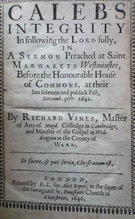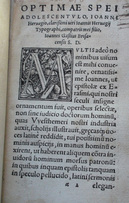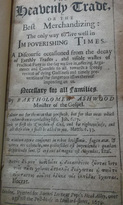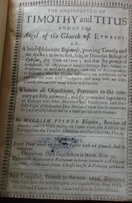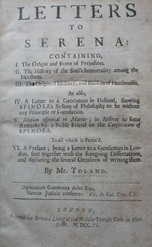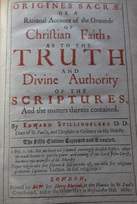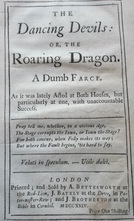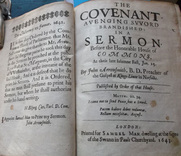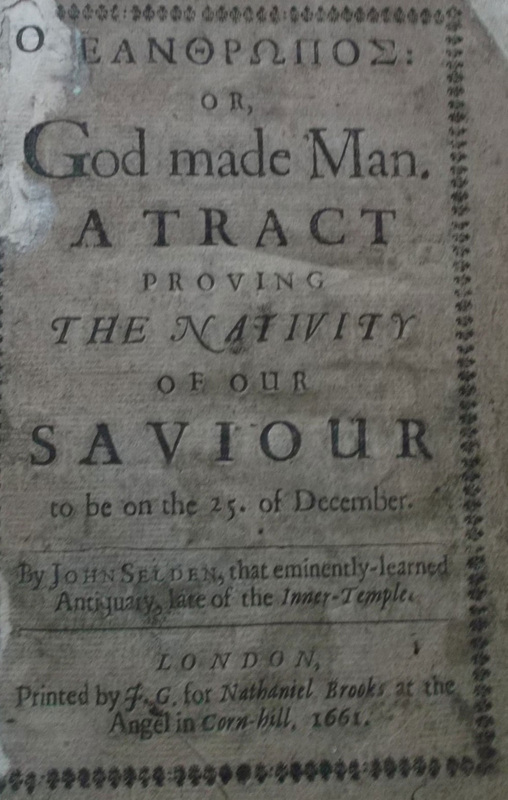back
1. Calebs Integrity;-
|
In tres centurias diuisae...ex toto epistolarum opere, non sine doctissimorum uirorum iudicio excerptae; adiunximus argumenta in omnes epistolas; ad haee Graeearum uocum interpretationem hactenus non uisam , adposuimus.;-
Published 1546 by Apud Bartholomaeum Westhemerum in Basileae;- 1546. Written by Desiderius Erasmus 1546 ;- Interesting binding as in an older Medieval Parchment which was used to fully bind this book. Epistolae D. Erasmi Roterodami Familiares;- 1546 While viewed as precious today, Medieval Manuscripts were routinely cut up and recycled for various purposes including use in book bindings. Very Scarce, and very Rare. Only one copy in North America, Held at Georgetown University Library. A few pages missing to the back of the book, otherwise an exceptional rare book with an equally exceptional Medieval Parchment to bind the book. Only one copy in North America, held at Georgetown University Library. A little history;- Fragmentology is the study of surviving fragments of manuscripts (mainly manuscripts from the Middle Ages and the Renaissance in the case of European manuscript cultures). Leaves and parts of Parchment leaves have been used in bindings of manuscripts since the Middle Ages. The use of manuscript fragments in bindings increased greatly at the end of the 15th century when printed books began to appear in increasing numbers, supplanting many older manuscripts. Most interesting is that some of the Fragments can very more valuable than the book itself. |
3. The Heavenly Trade;- 1679;-
|
4. The Unbishoping of Timothy and Titus,
|
5. Letters To Serena,
|
6. STILLINGFLEET, EDWARD (1635-1699)
|
7. Edward Ward, 1667-1731.
|
8. John Arrowsmith (1602 –1659)
|
9. John Selden, or,
|

